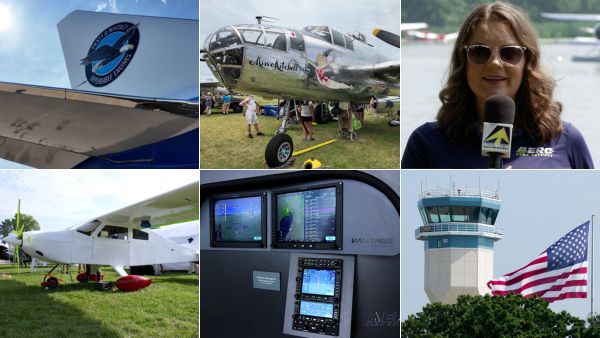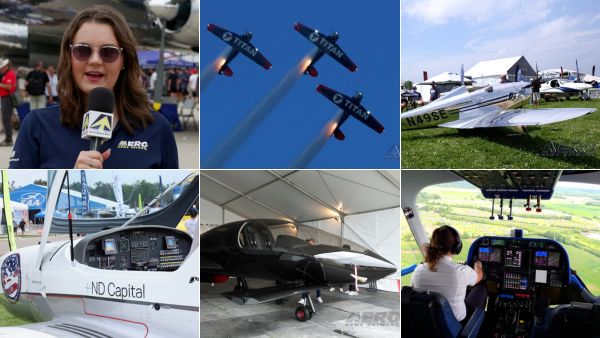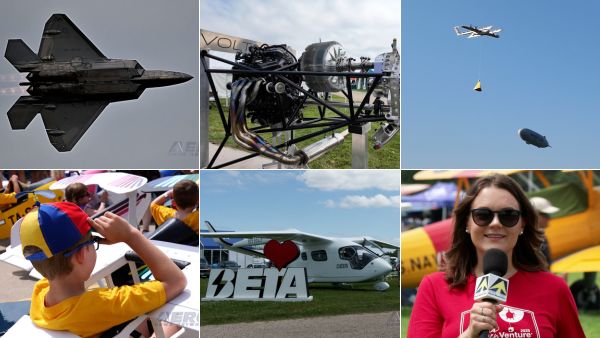Wed, May 23, 2012
Latest Effort Aimed At 100-Series Singles Produced Between 1946 And 1986
Cessna is building on a proactive safety initiative started in 2011 designed to educate single engine owner/operators on new inspection procedures. The latest effort is aimed at 100 series single-engine piston aircraft owners around the world, and informs them about new supplemental aircraft inspection procedures that will be added to 100 series Cessna service manuals. The supplemental inspections cover Cessna single-engine piston aircraft produced between 1946 and 1986.
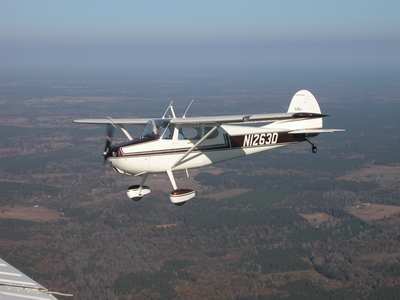
"We've set up 40-hour training classes in Wichita for mechanics to be trained on the non-destructive inspection techniques, such as ultrasound and eddy current. These techniques will then be used to inspect high-time Cessna single engine airplanes. The intent is to not only teach them what they are looking for, but also how to identify issues that can occur more frequently with older, high-time airframes," said Tom Ronnau, Cessna's manager of Technical Service Propeller Products. "Owners are encouraged to make contact with their local Cessna service affiliate in order to schedule time to complete these mandatory inspections. The key with these inspections is to identify any serious corrosion or fatigue damage present, and if there is, get the airplane out of service and repaired."
The criteria for initial visual inspections will vary by model and aircraft age or hours of operation and will focus primarily on signs of corrosion or structural fatigue damage. Cessna authorized service providers will have special training and access to specific equipment for the inspections and for repairs, if required.
"Corrosion and fatigue are inevitable on any make and model of airframe with a high amount of hours. However, with early detection and proper maintenance, severity and effects can be minimized," said Beth Gamble, Cessna's principal airframe structure engineer. "The 100-series inspection requirements are very simple, and begin with a visual inspection that can be done quickly by a trained inspector during an annual inspection."
The inspection procedures are available at no cost on the customer access portion of the Customer Service page of Cessna.com. An interactive presentation is available on the customer access portion of the Customer Service page of Cessna.com and a short video explaining the inspection process is on Cessna's YouTube channel. (Photos from file)
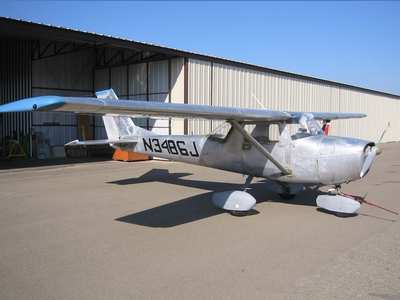
More News
Also: New Lakeland Fly-in!, Gleim's DPE, MOSAIC! Nearly three-quarters of a century in the making, EAA is excited about the future… especially with the potential of a MOSAIC>[...]
Estimated (EST) -When used in NOTAMs “EST” is a contraction that is used by the issuing authority only when the condition is expected to return to service prior to the >[...]
Aero Linx: Regional Airline Association (RAA) Regional airlines provide critical links connecting communities throughout North America to the national and international air transpo>[...]
The Airplane Broke Up In Flight And Descended To The Ground. The Debris Path Extended For About 1,435 Ft. Analysis: The pilot, who was the owner and builder of the experimental, am>[...]
From 2015 (YouTube version): History Comes Alive Thanks to A Magnificent CAF Effort The story of the Douglas C-47 named, “That’s all Brother,” is fascinating from>[...]
 Airborne 07.21.25: Nighthawk!, Hartzell Expands, Deltahawk 350HP!
Airborne 07.21.25: Nighthawk!, Hartzell Expands, Deltahawk 350HP! ANN's Daily Aero-Term (07.27.25): Estimated (EST)
ANN's Daily Aero-Term (07.27.25): Estimated (EST) ANN's Daily Aero-Linx (07.27.25)
ANN's Daily Aero-Linx (07.27.25) NTSB Final Report: Luce Buttercup
NTSB Final Report: Luce Buttercup Classic Aero-TV: 'That's All Brother'-Restoring a True Piece of Military History
Classic Aero-TV: 'That's All Brother'-Restoring a True Piece of Military History


